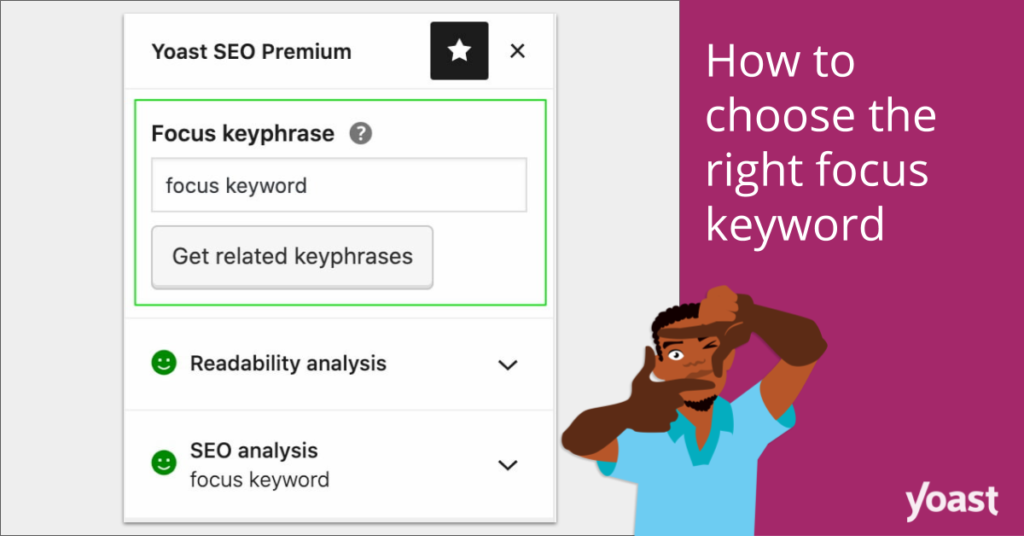In the vast landscape of digital content, keywords serve as the compass that guides your content towards its intended audience. Whether you’re a blogger, content creator, or a business owner with an online presence, understanding how to find good keywords for your posts is paramount. In this article, we will explore the art of keyword research, helping you discover the right keywords to boost your content’s visibility and relevance.

The Importance of Keyword Research
Keyword research is the foundation of successful content creation and search engine optimization (SEO). By targeting the right keywords, you can:
- Enhance Visibility: Appearing on the first page of search engine results is crucial for attracting organic traffic. Proper keyword usage can help you achieve this.
- Relevance: Keywords align your content with what your audience is searching for, ensuring that your content meets their needs and interests.
- Competitive Edge: Understanding your niche’s keyword landscape allows you to identify opportunities and stay ahead of competitors.
Step 1: Brainstorm Your Topics
Start by brainstorming the topics or themes you want to create content about. Consider your niche, target audience, and the core subjects you want to cover. Write down these main topics or categories.
Step 2: Expand Your Keyword List
Once you have your main topics, it’s time to expand your list with relevant keywords. Here’s how:
- Google Suggest: Begin by typing your main topic into Google’s search bar. Google will suggest related search queries. Note these suggestions as potential keywords.
- Related Searches: Scroll down to the bottom of the search results page to find a section titled “Searches related to [your query].” These are additional keywords you can explore.
- Competitor Research: Analyze your competitors’ content and identify the keywords they are targeting. Tools like SEMrush and Ahrefs can help with this.
- Keyword Research Tools: Use keyword research tools such as Google Keyword Planner, Ubersuggest, or Moz Keyword Explorer to discover relevant keywords, their search volumes, and competitiveness.
Step 3: Evaluate Keyword Metrics
When you have a list of potential keywords, it’s essential to evaluate them based on key metrics:
- Search Volume: Determine how often people search for the keyword. Higher search volumes indicate more potential traffic.
- Keyword Difficulty: Assess the competition for each keyword. High difficulty keywords may be harder to rank for, especially if you’re just starting.
- Relevance: Ensure that the keyword aligns with your content’s topic and intent.
- Long-Tail Keywords: Consider using long-tail keywords, which are longer and more specific phrases. They often have lower competition and can attract highly targeted traffic.
Step 4: Prioritize Your Keywords
Based on the metrics and relevance, prioritize your list of keywords. Focus on a mix of high-volume, medium-difficulty, and long-tail keywords to create a well-rounded content strategy.
Step 5: Create Quality Content
With your chosen keywords in mind, start creating high-quality, valuable content. Incorporate the keywords naturally into your content, including titles, headings, and body text. Avoid keyword stuffing, which can harm your SEO efforts.

Conclusion
Keyword research is an ongoing process that evolves as your content strategy matures. Regularly review your keyword list, monitor your content’s performance, and adjust your strategy based on the results. Remember that the key to effective keyword research is finding a balance between search volume, competition, and relevance. With diligent research and strategic implementation, you can harness the power of keywords to drive organic traffic and engage your audience effectively.


